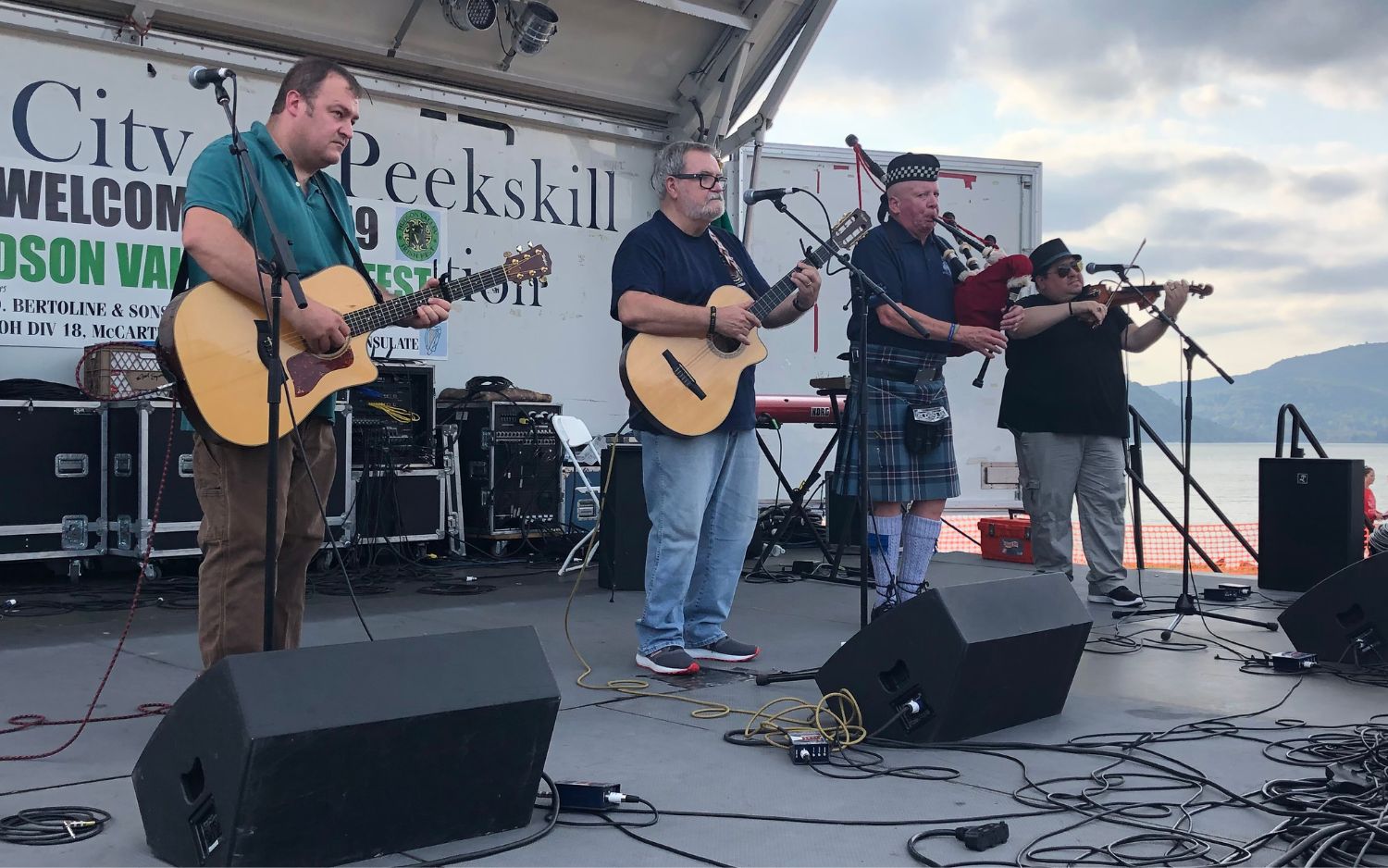Limerick native Kevin Barry got his start as a journalist for a local paper. He went on to do freelance work, columns and sketches for Glasgow’s Sunday Herald, The Irish Examiner, The Irish Times and The Guardian. After leaving journalism to write fiction, Barry published his first collection of short stories, There Are Little Kingdoms, which won the 2007 Rooney Prize for Literature. He now lives in Co. Sligo and is finishing a novel, City of Bohane. His short story, “The Fjord of Killary,” was recently published in The New Yorker.
Sheila Langan: How did you come to write There Are Little Kingdoms?
Kevin Barry: I was writing fiction in my 20s but in a pretty undisciplined way – late at night, maybe, after I’d peeled myself from the walls of a nightclub and crawled home along the gutters. But I slowly became more serious and more devout in my work, and I fell seriously in love with the short story form. Eventually, the stories I was working on began to seem less random and seemed to resonate with each other, thematically, so a collection looked possible. Fortunately, a publisher in Dublin felt the same.
SL: You originally wrote for newspapers – how did you make the transition from journalism to fiction? Is there anything that carried over?
KB: I greatly enjoyed working as a freelance journalist, because it gets you out of the house, and it gets you talking to people, but it wasn’t satisfying all of my cravings, and I knew that I needed to work with the other side of my brain – the darker, murkier side! I think journalism is useful training for a writer in the way it takes the preciousness out of the pragmatic side of the craft. You realize you don’t have to sit around waiting for inspiration and that you can always work if you just put your mind to it (and stay out of reach of the Internet!) In my very early days as a journalist, as a cub reporter on a local newspaper, I used to cover the district courthouse in Limerick city – all human life passed through that establishment, and my time there remains a source of inspiration.
SL: During the conversation following the reading at NYU’s Glucksman Ireland House, you mentioned that some writers work mainly from images, while others work more with sounds, with what they hear, and that you fall into the latter category. Not to sound like a therapist, but what do you hear?
KB: Voices! I hear voices! A story comes to me, most often, from a scrap of talk, from something overheard or just caught on the fly. It’ll be just a line or two, something that on the surface might seem meaningless, but it’ll buzz about in my head for a few days, like a trapped wasp, and if it doesn’t go away, I know that I have to write it away. This is usually how a story is triggered for me.
SL: Your stories are mostly set in the country and in smaller towns and villages (both named and unnamed). How do the many accents in Ireland play a role in how you shape your characters and dialogue?
KB: Lots of my stories are set in smaller places, though I grew up in a city. As the stories in There Are Little Kingdoms started to come together, I was living in the UK, and my experience of Ireland at that time was coming back in the summer and going for bicycle trips in the west, passing through all of these one-horse and three-pub little towns, and I think it was the sheer bleakness of them that appealed to me! I am always struck, in particular, by the sense of entrapment you can see among younger people in such places – there are stories there. Accents are critical for me. I work from the ear, and when the accent changes – as it does every second mile in Ireland – the meaning changes, the humor changes, the soul changes.
SL: What writers made you want to write? How have they influenced you?
KB: The novelist Saul Bellow, for the way he could combine street lowlife and a high-flown literary style and language. The story writer V.S. Pritchett, for his talent in capturing and manipulating so many disparate human voices. The all-round genius Flann O’Brien, for his demented comic vision. I think the trick, for younger writers, is to read as widely and as passionately as possible – the more you read, the more likely your influences will tangle up and fuse into something unique.
SL: What is it like to be a writer in Ireland right now, particularly in light of the economic crisis?
KB: Writers are generally immune to the vagaries of boom-and-bust economics. We never have booms, so busts are the norm. There is little money in writing, and what little there is shrinks with every passing year. But you don’t do it for the money, you do it so that you can breathe. The greatest literary advice ever was this succinct statement from Annie Dillard: keep your overheads low!
SL: Are you going to stay in Ireland?
KB: Yes, but with frequent jailbreaks. I tend to make a headlong dash for brighter climes in the winter, usually to Spain. The simple motion of traveling is good for the work, I find. The physical sensation of movement causes the brain to keep on whirring. Ireland is a little bleak at the moment but on a quiet morning in County Sligo, when I’m cycling my bike around the lake, and the rain looks like it might hold off for a good five or six minutes, it can still seem very heaven.
SL: Can you tell our readers about City of Bohane?
KB: Bohane is an imagined city on the western seaboard of Ireland, and the novel is a look at how things are out there in the middle of the 21st century. It’s about gang fights, and old love affairs, and city politics, and fashion, and lots else besides, but mostly it’s about the language – it’s a projection of what the language might be like in a small tormented Irish city in the 2050s. All similarities to actual Irish cities are entirely intentional. The novel will be published in the U.S. next September.




Comments